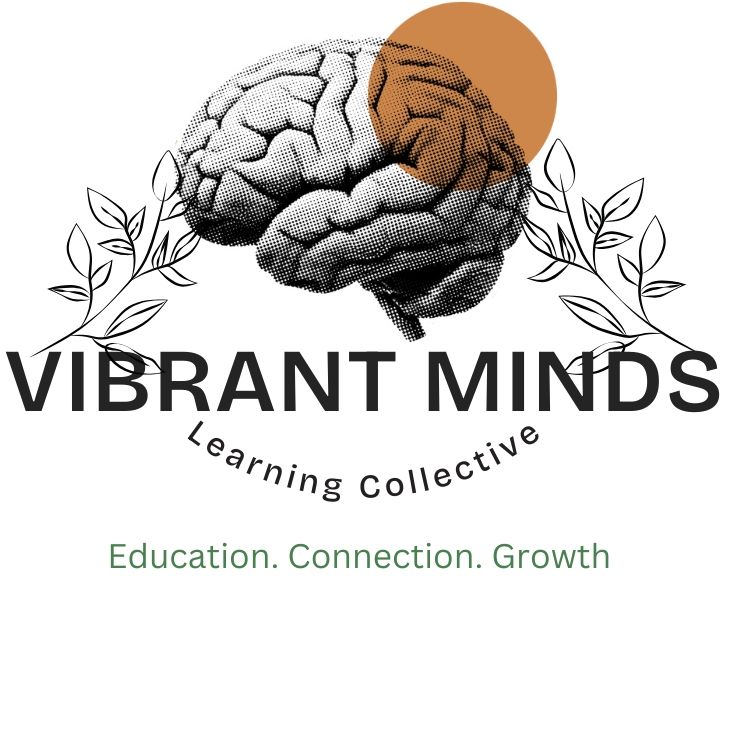Myths About Non-Traditional Learning Debunked: What Every Parent Should Know
Introduction to Non-Traditional Learning
In recent years, non-traditional learning methods have gained popularity as viable alternatives to conventional education. However, with their rise comes a plethora of myths and misconceptions. Understanding the truth behind non-traditional learning can help parents make informed decisions about their child's education.

Myth 1: Non-Traditional Learning Is Less Effective
One common myth is that non-traditional learning methods are less effective than traditional schooling. In reality, studies have shown that students often thrive in non-traditional settings due to personalized learning experiences. Online courses, for example, allow students to learn at their own pace and focus on their strengths and interests.
Furthermore, non-traditional learning often incorporates innovative teaching techniques, such as project-based and experiential learning, which can lead to deeper understanding and retention of material. This flexibility and focus on student-led exploration can be particularly beneficial for students who struggle in traditional classroom environments.
Myth 2: Lack of Social Interaction
Another common concern is that non-traditional learning lacks social interaction, leaving students isolated. However, many non-traditional programs actively incorporate social elements through group projects, virtual classrooms, and extracurricular activities. These opportunities allow students to connect with peers from diverse backgrounds, fostering a sense of community and collaboration.

Additionally, parents can supplement their child's social experiences by encouraging participation in local clubs, sports teams, or community events. Non-traditional learning does not inherently mean a lack of social development; rather, it offers different avenues for interaction.
Myth 3: Limited Access to Resources
Some parents worry that non-traditional learning means limited access to educational resources and support. On the contrary, the digital age has provided unprecedented access to a wealth of resources online. From academic databases to interactive learning platforms, students have a vast array of tools at their fingertips.
Moreover, many non-traditional programs offer personalized support through online tutoring, mentoring, and virtual office hours. These resources ensure that students receive the guidance they need to succeed academically.
Myth 4: Non-Traditional Learning Is Not Accredited
A significant myth is that non-traditional education lacks accreditation or recognition. While it's true that parents must be diligent in selecting accredited programs, many reputable options exist. Accredited non-traditional programs provide a curriculum that meets educational standards and offers valid qualifications recognized by colleges and employers.

Parents should research potential programs thoroughly, checking accreditation status and reviews from other families. By selecting accredited options, parents can ensure their child's education is both legitimate and valuable.
Conclusion
Non-traditional learning offers unique benefits that cater to diverse student needs. By debunking these myths, parents can better understand the potential of these educational paths. Embracing non-traditional learning can lead to a more tailored and enriched educational experience for children.
